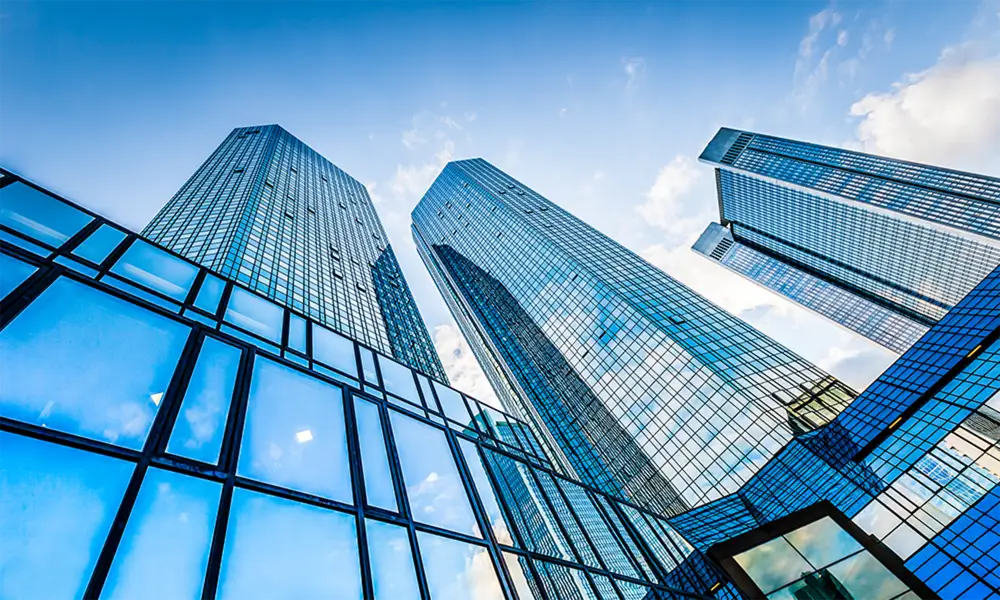

Float glass panels are becoming increasingly popular in various applications, ranging from architecture to automotive industries. This type of glass, known for its smooth surface and high optical clarity, is produced through a unique manufacturing process called the float process. The method involves melting silica, soda ash, and limestone to create molten glass, which is then floated on top of molten tin. This results in a uniform thickness and a perfectly flat surface, essential for modern glass applications.
One of the primary advantages of float glass panels is their versatility. They can be easily cut, shaped, and treated to meet different design requirements. This flexibility allows architects and designers to incorporate glass into their projects creatively, whether in large windows, facades, or decorative elements. Float glass panels are available in various thicknesses, finishes, and colors, making them suitable for numerous aesthetic and functional purposes.
In terms of performance, float glass panels offer excellent transparency, allowing natural light to penetrate spaces, which can enhance the visual appeal of buildings
. Moreover, advances in technology have led to the development of energy-efficient float glass options. These panels can be treated with special coatings to improve their thermal insulation properties, reducing energy consumption for heating and cooling systems.
Safety is another important aspect of float glass panels. They can be tempered or laminated to enhance their strength and impact resistance. Tempered float glass can withstand high levels of stress and is less likely to shatter upon impact, making it ideal for high-traffic areas or environments with shifting temperatures. Laminated glass, on the other hand, holds together when shattered, providing an additional layer of security.
The environmental impact of float glass production is also a consideration for modern consumers. Many manufacturers are adopting sustainable practices, such as recycling glass waste and using environmentally friendly materials. This shift toward sustainability not only reduces the carbon footprint of glass production but also appeals to eco-conscious consumers.
In summary, float glass panels are a vital component in contemporary design and engineering. Their combination of aesthetic appeal, versatility, safety, and energy efficiency makes them an excellent choice for various applications. As technology continues to evolve, float glass panels are likely to play an even more significant role in shaping the built environment of the future.